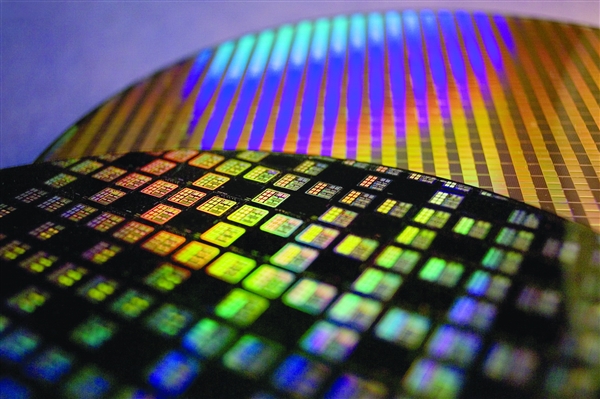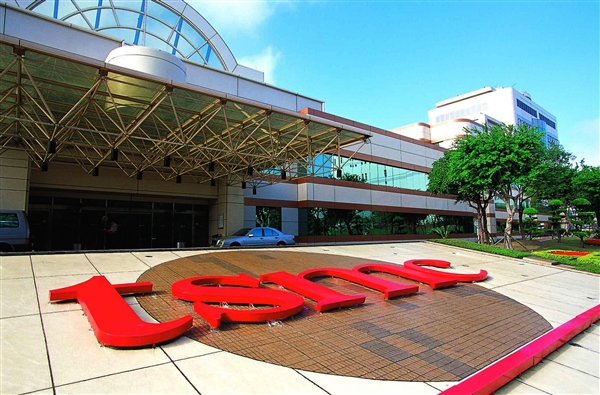
Time:2024-07-12Reading:952Second
Christophe Fouquet, CEO of Dutch lithography giant ASML, stated that chip buyers, including those in the German automotive industry, require traditional process chips currently invested in by Chinese chip manufacturers.
Fukai took over as the new President and CEO of ASML in April this year, replacing retired Peter Winnick. At the time of his remarks, there were reports that the European Union was soliciting opinions from the European chip industry on China's expansion of traditional process chip production capacity.
The so-called traditional process chip, also known as mature process chip, generally refers to the previous generation chip with a process of 28 nanometers or more, which is widely used in daily technological products such as automobiles, washing machines, and medical equipment.
Especially in the automotive industry, including the German automotive industry, there is a need for more chips manufactured using simpler and already known technologies, "Fukai said in a media interview.
According to Fukai, the global demand for traditional process chips is rapidly increasing, but the profit margin for manufacturing such chips is not high, and Western companies' investment is also insufficient. He said, "Europe cannot even meet its general needs
According to industry organization SEMI's estimation, by 2025, the production capacity of Chinese chip manufacturers will increase by 14%, reaching 10.1 million pieces per month, accounting for about one-third of the global total production.
Fukai said, "If someone wants to slow down the production speed of (Chinese chip manufacturers) for whatever reason, then alternative solutions are needed. It's meaningless to prevent others from producing what you need
According to media reports, the scope of information sought by the EU from the European chip industry exceeds the scope of the security investigation sent by the US Department of Commerce to US companies.
In December last year, the US Department of Commerce announced the start of managing information on traditional semiconductors produced in China, in order to track the degree of dependence of US companies on Chinese technology.
In response to this, the Chinese Ministry of Foreign Affairs stated that the formation and development of global supply chains are the result of the combined effects of market laws and corporate choices. Human intervention instrumentalizes and weaponizes economic and trade issues, violates market economy and fair competition principles, exacerbates global supply chain security risks, and ultimately damages the interests of the entire world, including the United States itself. The US should truly respect international economic and trade rules and market economy principles, and create favorable conditions for Sino US economic and trade cooperation.





